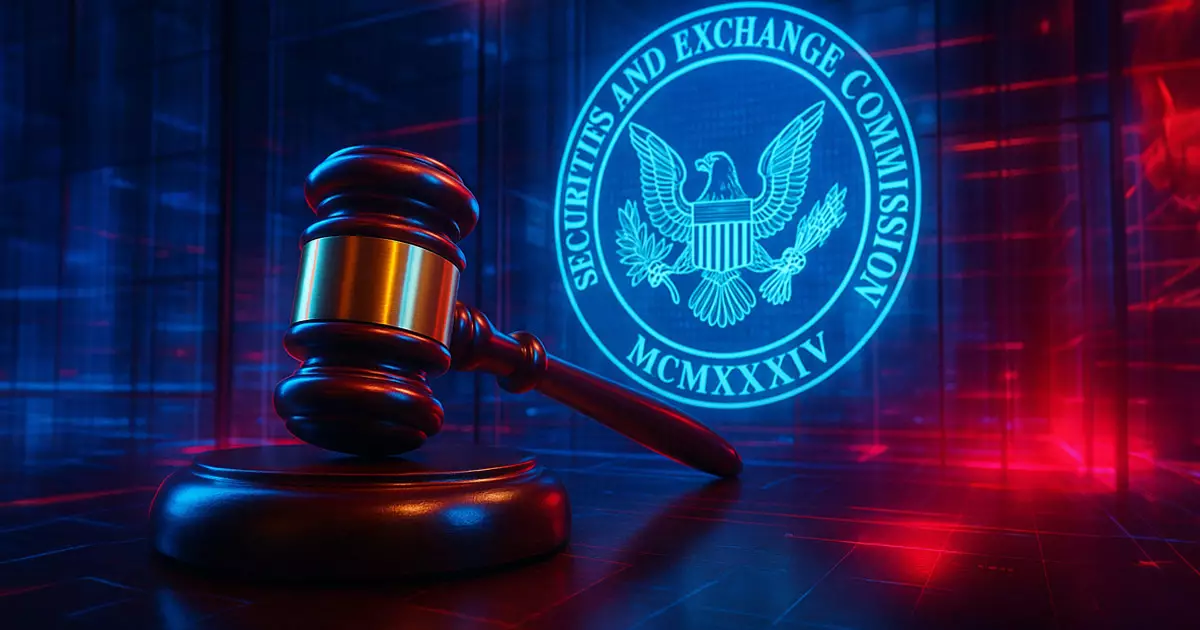Decentralized finance (DeFi) continues to reshape the financial landscape, presenting unprecedented opportunities for innovation and access. However, with this revolutionary potential comes a myriad of challenges, particularly in navigating the murky waters of regulatory compliance. Recently, the DeFi Education Fund (DEF) submitted crucial recommendations to the Securities and Exchange Commission (SEC), advocating for the establishment of a token safe harbor framework. This initiative aims to shield pioneering projects from the regulatory tempest, offering them a chance to thrive while the broader legislative framework for digital assets remains undefined. At the heart of this proposal lies the pressing need for a balanced approach that protects innovation without stifling it in the name of over-regulation.
Promoting Technological Neutrality
A cornerstone of the DEF’s proposal is the adoption of a technology-agnostic stance. Recognizing the rapid evolution within the blockchain space, any regulatory framework that favors specific technologies could inadvertently hinder innovation. The suggestion to focus on the risks associated with blockchain activities—rather than dictating technical specifications—signals an understanding that flexibility is key for the burgeoning sector. By ensuring that the SEC does not entrench particular consensus mechanisms or architectural designs, the DEF not only protects diverse models of decentralization but also inspires confidence in a regulatory landscape that champions forward-thinking solutions.
Inclusivity for Pre-existing Projects
The DEF’s push for an inclusive eligibility criterion is another noteworthy aspect of their recommendations. Allowing already-distributed tokens to qualify for the safe harbor framework is a pragmatic move that acknowledges the existing landscape of digital assets. Many projects were launched in the absence of clear regulatory guidelines—penalizing these initiatives for prior ambiguities would only serve to disrupt the nascent market further. By embracing a broader definition of qualifying tokens, the DEF fosters an environment that encourages continuous development and participation in the DeFi revolution, rather than alienating older players who have demonstrated good faith in their decentralization efforts.
Balancing Disclosure Requirements with Practical Realities
One of the more contentious issues in regulatory compliance is the fine line between necessary disclosure and overwhelming obligation. The DEF suggests a calibrated approach, emphasizing transparency without suffocating early-stage development teams. By advocating for streamlined disclosures—including source code transparency and governance structures—the DEF recognizes the dual necessity of investor protection and developer autonomy. This thoughtful balance allows projects to maintain agility—a hallmark of successful innovation—while keeping the necessary channels of communication open.
Defining the “Exit Test” for Decentralization
The concept of an “Exit Test” could revolutionize how we perceive token status under U.S. law. By establishing specific criteria for a project to graduate from security status, such as maximum transparency and user custody of assets, the DEF creates a structured pathway for projects to achieve true decentralization. This innovative idea reflects an understanding that the journey toward decentralization is often nonlinear and complex. Furthermore, the provision for extensions within the safe harbor period, as long as projects exhibit genuine efforts, is a sensible compromise that could keep innovation alive while holding projects accountable.
Protections for Market Participants
The proposal also wisely includes protections for secondary market participants, which could bolster confidence in trading environments. The DEF notes that exemptions for intermediary entities, like digital asset exchanges, from traditional broker-dealer regulations, will demystify the trading landscape. By minimizing legal uncertainties, the DEF encourages wider participation in DeFi markets, ensuring that projects can thrive without the looming threat of compliance burdens stifling their growth potential.
In a landscape where regulatory clarity is incredibly scarce, the DEF’s recommendations signify a pivotal moment that could influence the future of DeFi. The organization’s insistence on a comprehensive legislative framework, alongside their proposed safe harbor, encapsulates a commitment to evolving alongside the technology. By seeking an approach that values innovation, promotes inclusivity, and protects all market participants, the DEF lays out a vision that could very well redefine the regulatory playbook for digital assets in a way that embraces progress rather than resistance.














